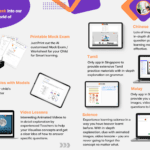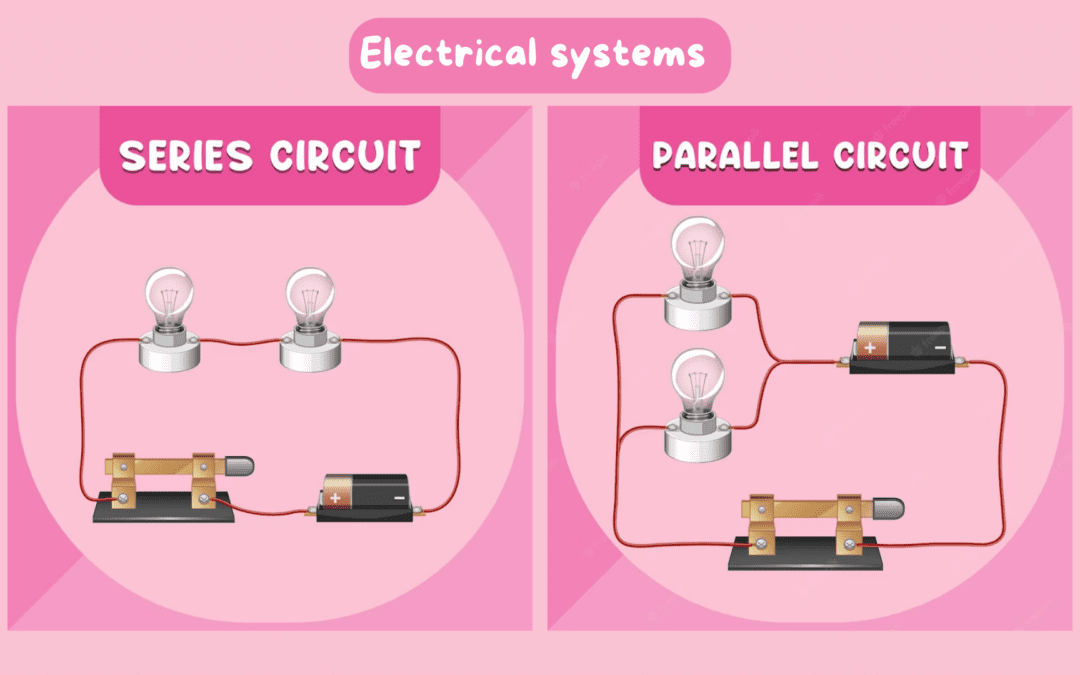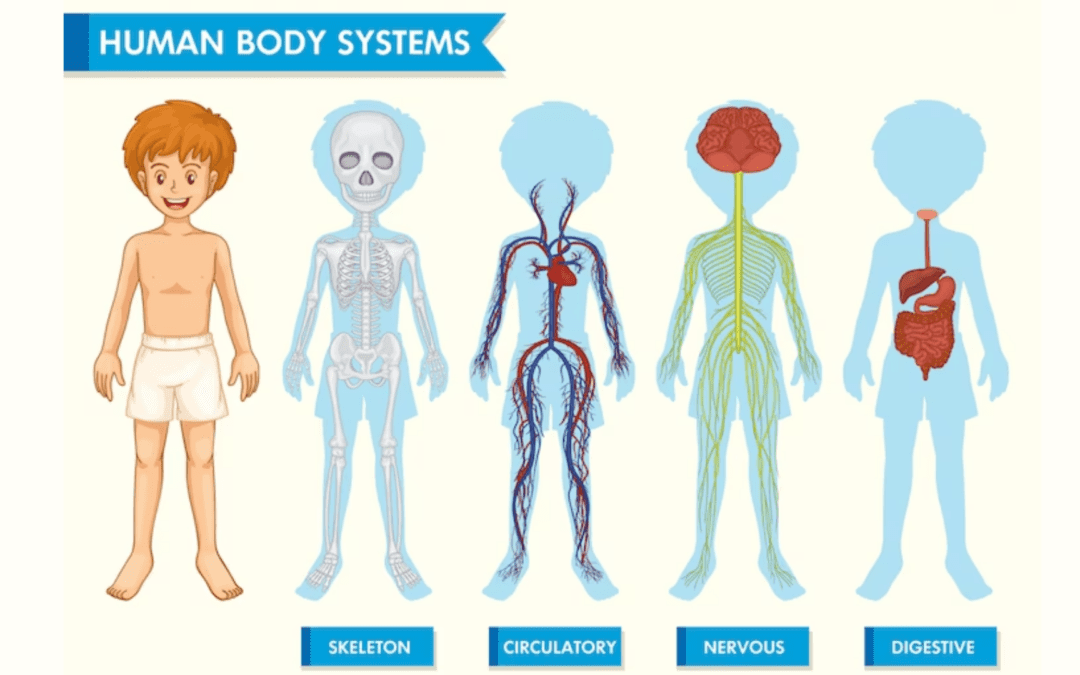As a parent, you want your child to excel in every aspect of their life. One of the most important exams they will take in Singapore is the Primary School Leaving Examination (PSLE). Preparing for PSLE can be a stressful time for both you and your child. However, with proper planning and preparation, your child can succeed. In this article, we will provide you with tested and proven ways to help your child get ready for PSLE.

Understand the Format of PSLE
Before starting to prepare for PSLE, it’s crucial to understand the format of the exam. PSLE comprises four papers, namely English Language, Mother Tongue, Mathematics, and Science. Each paper has a duration of 2 hours and 15 minutes, except for the oral component, which lasts for 10 to 20 minutes. Knowing the format of PSLE willhelp your child plan their study schedule effectively.
Set Realistic Goals
Setting realistic goals is crucial to help your child succeed in PSLE. When setting goals, it’s important to consider your child’s abilities and interests. Unrealistic goals can lead to disappointment and demotivation. Encourage your child to set achievable goals and celebrate their accomplishments along the way.
Create a Study Plan
A study plan is essential to help your child prepare for PSLE. A well-structured study plan will help your child stay organized and focused. Divide the study plan into manageable sections, and ensure that your child takes regular breaks to prevent burnout. Encourage your child to follow the study plan strictly to ensure they cover all topics before the exam.
Practice Time Management
Time management is critical during PSLE. Encourage your child to practice time management during their study sessions. Use a timer to simulate the exam conditions, and encourage your child to pace themselvesduring the exam. This practice will help your child become more confident and prepared during the actual exam.
Focus on Weak Areas
Every child has their strengths and weaknesses. It’s important to focus on your child’s weak areas during PSLE preparation. Identify the subjects and topics that your child struggles with and allocate more time to these areas. Consider enrolling your child in extra classes or hiring a tutor to provide additional support.
Encourage a Healthy Lifestyle
A healthy lifestyle is essential to help your child perform their best during PSLE. Encourage your child to eat a healthy and balanced diet, get enough sleep, and exercise regularly. These healthy habits will help your child stay focused, alert, and energized during the exam.
Stay Positive and Supportive
Preparing for PSLE can be a stressful time for both you and your child. It’s crucial to stay positive and supportive throughout the process. Encourage your child to take breakswhen needed, and ensure they have a healthy work-life balance. Celebrate their achievements, no matter how small, and provide constructive feedback to help them improve.
Conclusion
Preparing for PSLE can be a daunting task for both parents and children. However, with proper planning and preparation, your child can succeed. Understanding the format of PSLE, setting realistic goals, creating a study plan, practicing time management, focusing on weak areas, encouraging a healthy lifestyle, and staying positive and supportive are all essential components of PSLE preparation. Remember to stay calm, positive, and supportive throughout the process, and your child will be well-prepared to tackle PSLE with confidence.



















